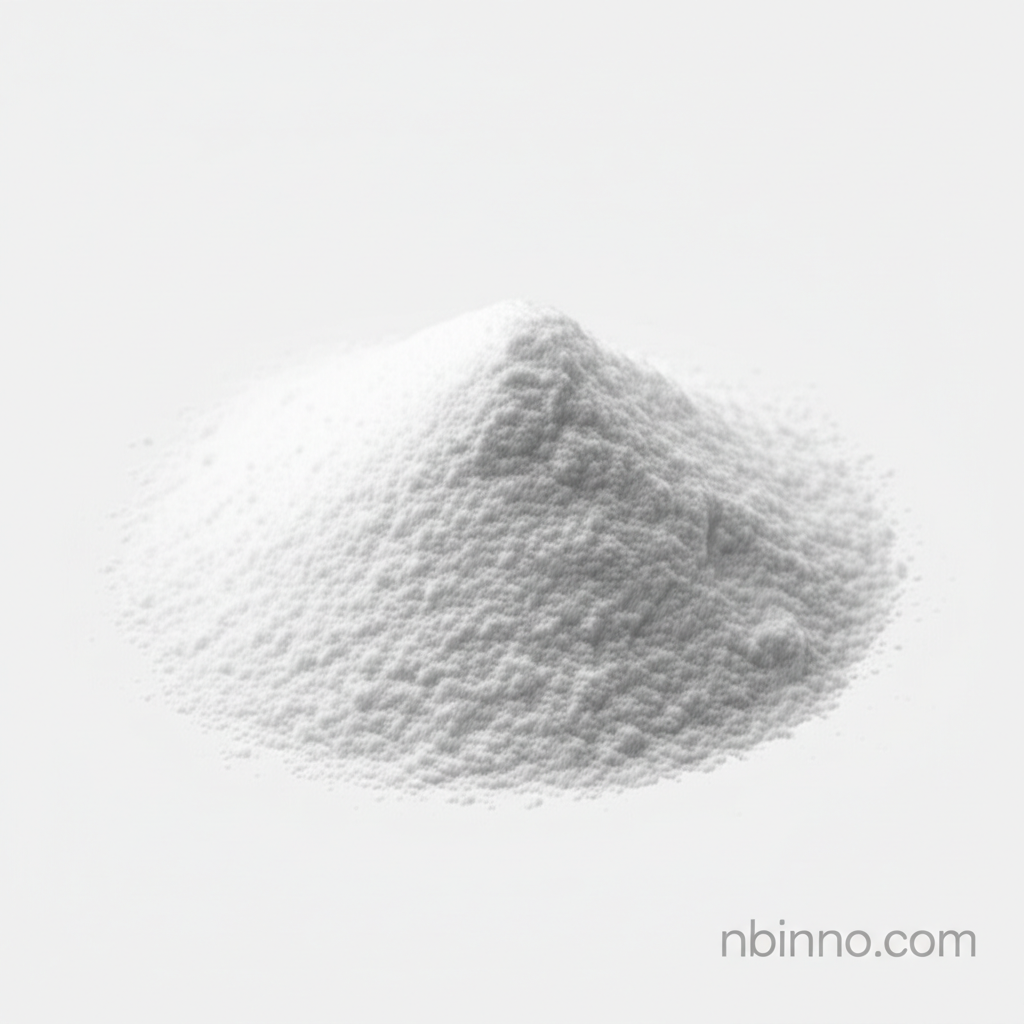Unlock the Potential of Sodium Carboxymethyl Cellulose (CMC)
Discover the versatile applications and benefits of this essential food and industrial additive.
Get a Quote & SampleProduct Core Value

Sodium Carboxymethyl Cellulose
Sodium Carboxymethyl Cellulose (CMC) is a highly functional, anionic fiber ether prized for its exceptional thickening, stabilizing, and water-retention capabilities. It appears as a white or milky white fibrous powder or granular solid, is virtually odorless and tasteless, and exhibits hygroscopic properties. Easily dispersed in water, it forms a clear colloidal solution, making it ideal for a wide range of applications where precise viscosity control and suspension are crucial.
- As a vital sodium carboxymethyl cellulose food grade additive, it enhances texture and stability in various food products.
- Leverage the CMC thickening agent applications to achieve desired rheological properties in industrial formulations.
- Our product offers competitive sodium carboxymethyl cellulose price points for bulk purchases.
- Explore the diverse CMC chemical auxiliary uses that improve performance in everyday products.
Key Advantages
Superior Thickening Power
Achieve optimal viscosity modification with CMC, crucial for formulating stable mixtures and controlling flow behavior.
Enhanced Stability and Emulsification
Benefit from the stabilizing and emulsifying properties of sodium carboxymethyl cellulose, ensuring product homogeneity and longevity.
Broad Application Spectrum
From food and beverages to textiles and oilfield operations, the versatility of CMC makes it an indispensable ingredient.
Key Applications
Food Industry
Used extensively as a thickening agent, stabilizer, and emulsifier in ice cream, sauces, dressings, and baked goods, benefiting from its food grade quality and CMC thickening agent applications.
Chemical Industry
Serves as a critical chemical auxiliary, providing viscosity control and suspension in detergents, ceramics, and personal care products, showcasing its broad CMC chemical auxiliary uses.
Textile Printing and Dyeing
Acts as a sizing agent and printing paste, improving the efficiency and quality of textile treatments, where its specific viscosity is key.
Petroleum Chemical Industry
Functions as a fracturing fluid component and chemical composition modifier, essential for optimizing drilling operations and fluid properties.
